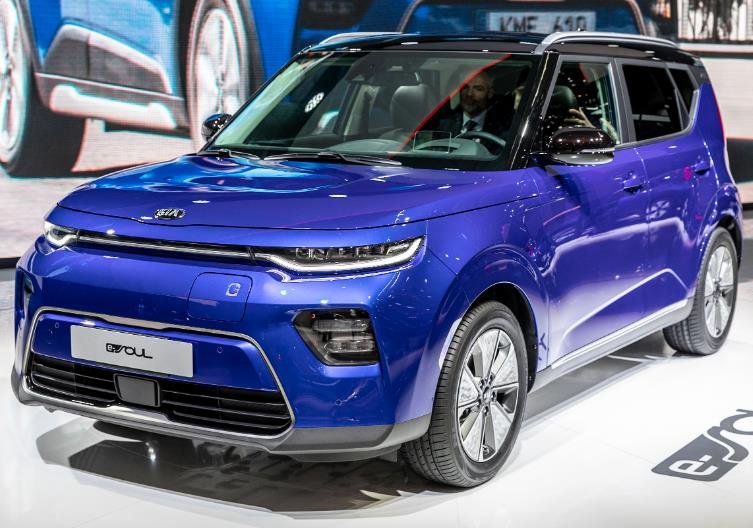In a surprising turn of events, Toyota Motor Corporation has announced a significant reduction in its electric vehicle (EV) production targets amid slowing sales. The Japanese automotive giant, which had previously set an ambitious goal of producing 1.5 million EVs annually by 2026, has now scaled back this target to 1 million units. This decision reflects the broader challenges facing the EV market, including slower-than-expected consumer adoption and high development costs. Despite this setback, Toyota remains committed to its long-term vision of sustainable mobility.

Market Realities and Strategic Adjustments
Toyota’s decision to revise its EV production targets underscores the complex realities of the current market. The company has cited several factors contributing to this adjustment, including the slower rollout of charging infrastructure and the withdrawal of government incentives in key markets. These challenges have made it difficult for consumers to fully embrace electric vehicles, leading to a reassessment of production goals.
Moreover, Toyota’s focus on hybrid vehicles has also influenced this decision. While the company continues to invest in EV technology, it recognizes the immediate benefits of hybrids in bridging the gap between traditional internal combustion engines and fully electric powertrains. This strategic adjustment allows Toyota to remain flexible and responsive to market demands while continuing to pursue its sustainability goals.
Industry-Wide Implications
Toyota is not alone in scaling back its EV ambitions. Other major automakers, including Volvo, Mercedes-Benz, and Ford, have also adjusted their electric vehicle targets in response to market conditions. Volvo, for instance, has eased its goal of producing only electric vehicles by 2030, now aiming for at least 90% of its lineup to be electric by that year. Similarly, Mercedes-Benz has pushed back its target of having 50% of its cars equipped with electric motors from 2025 to 2030.
These industry-wide adjustments highlight the challenges and uncertainties facing the EV market. While the transition to electric mobility is inevitable, the pace of this transition is proving to be slower than initially anticipated. Automakers are navigating a complex landscape of regulatory requirements, technological advancements, and consumer preferences, all of which impact their strategic decisions.
Future Prospects and Opportunities
Despite the current challenges, the future of electric vehicles remains promising. Advances in battery technology, coupled with increasing environmental awareness, are expected to drive long-term growth in the EV market. Toyota, for instance, continues to invest in solid-state battery technology, which promises higher energy density and faster charging times compared to traditional lithium-ion batteries.
Furthermore, the global push towards reducing carbon emissions and combating climate change will continue to support the adoption of electric vehicles. Governments and regulatory bodies are likely to introduce more stringent emission standards and incentives to encourage the shift towards sustainable mobility. As infrastructure improves and consumer confidence grows, the EV market is expected to regain momentum.
















